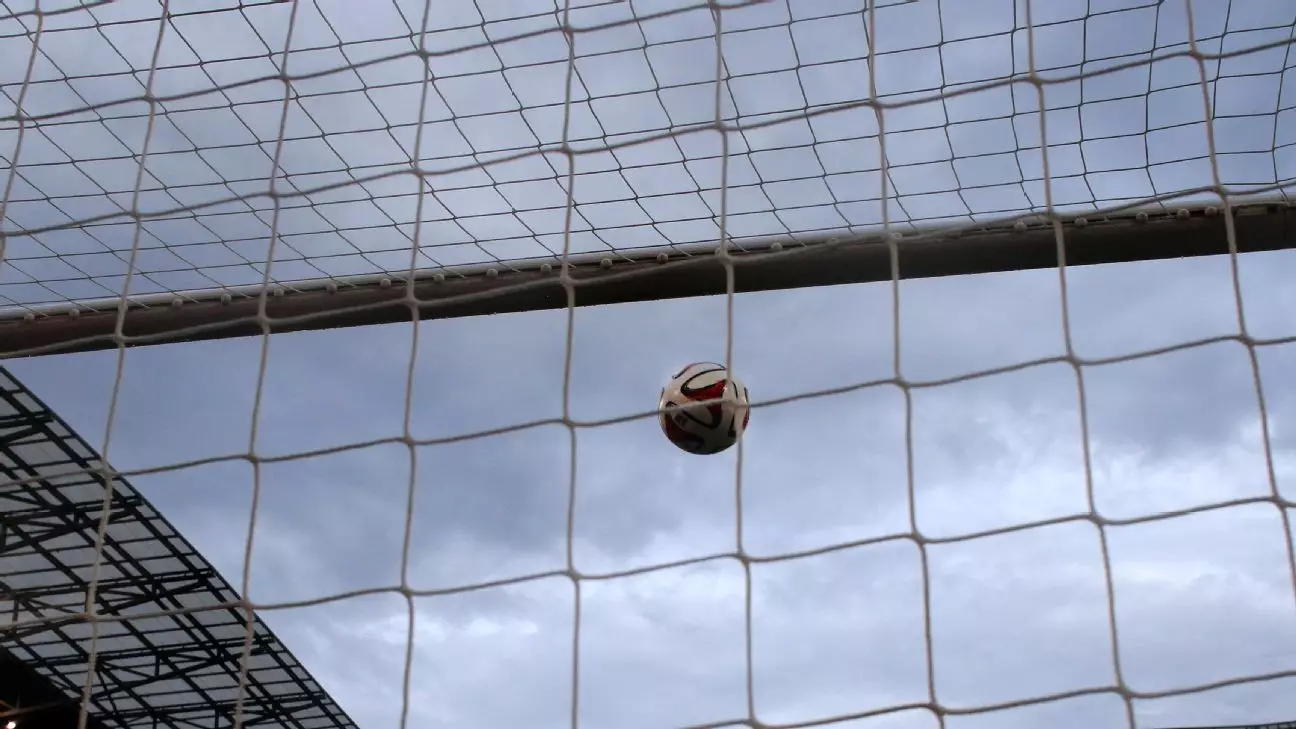In a shocking event that has sent ripples through the world of women’s football, four members of Argentina’s River Plate women’s team were arrested for alleged racial slurs during a match against Brazil’s Grêmio. Candela Díaz, Camila Duarte, Juana Cángaro, and Milagros Díaz found themselves at the center of a controversy after an incident during the Brazil Ladies Cup semifinal, which forced the authorities to take immediate actions that would have lasting ramifications for both the players and their club.
The turmoil unfolded on December 21, when a visibly tense semifinal match came to an abrupt halt in the first half following a contentious moment involving Candela Díaz. Televised footage appeared to show Díaz making monkey gestures towards a ball boy, an act that incited a strong reaction from both players and fans alike. Within moments, chaos erupted on the field, culminating in a mass brawl and subsequent walk-off by Grêmio players protesting what they deemed racially charged conduct.
As the situation escalated, the referee was compelled to issue red cards to six players from River Plate, effectively ending the match prematurely due to insufficient players to continue. Though the score was level at 1-1, Grêmio was awarded the match, illustrating the gravity with which sporting authorities treat incidents of discrimination.
The fallout from this incident reached far beyond a single game. River Plate faced significant repercussions, including a two-year ban from the Brazil Ladies Cup. Tournament organizers have taken a resolute stand against racism, announcing stringent measures for future competitions. Any team whose players or staff exhibit racist behavior will be summarily expelled. It is a noteworthy pledge that raises critical questions about accountability in sports and the collective responsibility to foster an inclusive environment.
Beyond the sanctions imposed on the club, Grêmio’s coach Thaissan Passos remarked that her team had previously endured racial insults from River players. This reinforces a broader issue of racism in football, particularly in South America, where Argentine clubs have historically faced penalties for discriminatory acts originating from fan behavior.
As of now, the four players have been released from custody but are under the stipulation of monthly court appearances until the judicial process concludes. The lack of immediate public statements from the athletes regarding the allegations has fueled speculation and debate about the incident’s long-term implications.
River Plate has publicly condemned discriminatory gestures, committing to appropriate disciplinary measures while taking strides to eliminate such conduct within the club. While this incident may serve as a pivotal turning point in the club’s culture, it also mirrors a troubling trend in the realm of sports where racism remains an insidious issue needing urgent addressal.
This occurrence emphasizes the necessity for thorough education on racism within sports, from players and coaches to fans and governing bodies. It is imperative for football organizations to not merely impose sanctions but to engage in meaningful dialogue about the potential systemic roots of racism in the sport. As long as incidents like this persist, the dream of a truly inclusive game remains unfulfilled.

